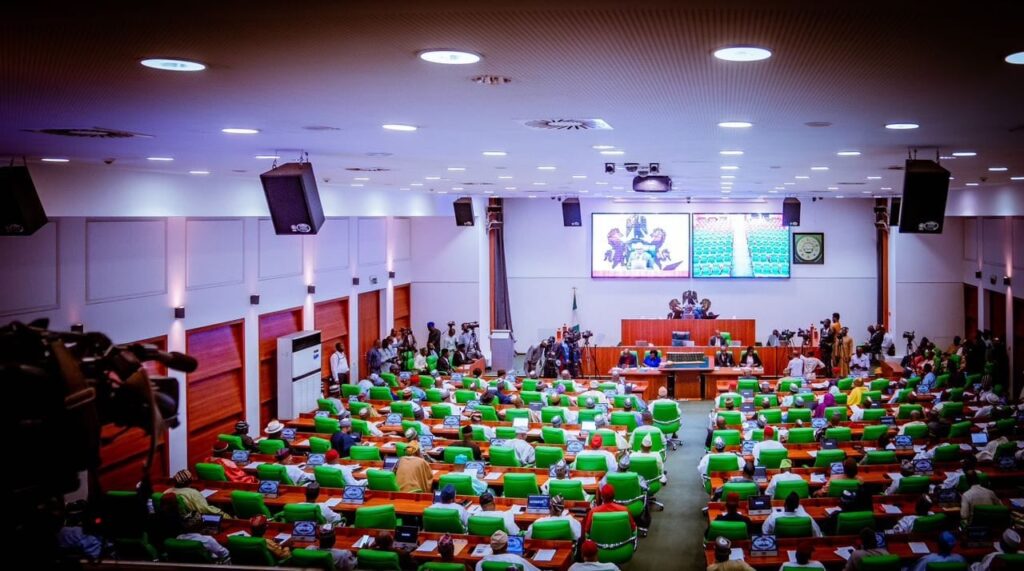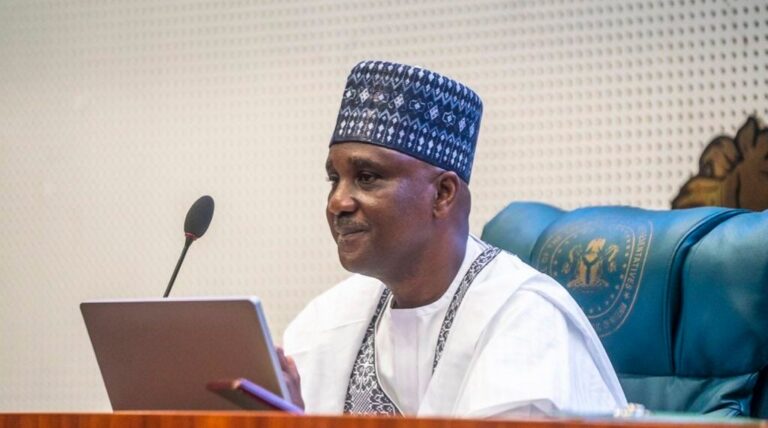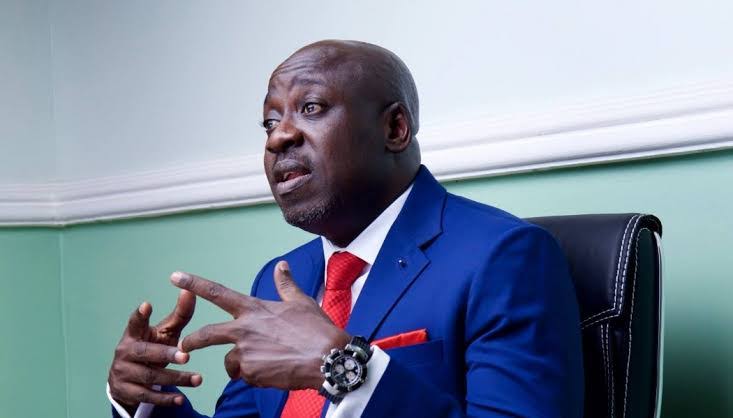
The House of Representatives on Tuesday resolved to probe what it described as the “arbitrary, excessive, and unexplained” charges drawn from customers’ accounts by money deposit banks operating in the country.
The resolution of the House was a sequel to the adoption of a motion of urgent public importance sponsored by Kwara lawmaker Tolani Shagaya at a plenary session presided over by Speaker Tajudeen Abbas.
Titled, ‘Need to curb arbitrary bank charges and protect Nigerian customers,’ Shagaya drew the attention of his colleagues to the incessant charges levied on Nigerian bank customers despite repeated warnings by the regulator, the Central Bank of Nigeria.
The House had at a plenary session in 2016 raised the alarm over some shady deals by some commercial banks following the consideration of a motion moved by the then member representing Kabba/Bunu/Ijumu Federal Constituency, Kogi State, Mr. Tajudeen Yusuf.
Mr. Yusuf has informed his colleagues how commercial banks were in the habit of abusing the N65 Automated Teller Machine withdrawal charge per transaction, which the apex bank had stipulated should apply only after the third withdrawal from another bank’s dispensing unit.
In the same vein, the House in 2023 expressed displeasure with the “excess charges and illegal deductions” by commercial banks, following a motion sponsored by Mr. Godwin Offiono.
In his motion, Offiono accused commercial banks of “fleecing customers through unauthorised deductions in breach of extant financial laws.
“While banks are expected to provide financial services at fair costs, many Nigerian customers have repeatedly experienced multiple and unaccounted deductions that strain their finances.
“These arbitrary charges have persisted despite the CBN’s clear directives. They have become a major source of concern for Nigerians who are already battling economic hardship,” he stated on the floor of the Green Chamber.
He would go on to list the unjustified charges to include excessive SMS alert fees, card maintenance charges, account maintenance deductions, and interbank transfer costs, among others.
Speaking on the motion on Tuesday, Shagaya noted that if the practices continue, “Public trust in banks will be eroded while savings will be discouraged, thus undermining the CBN’s financial inclusion campaign.”
He said, “These incessant charges have become not only a source of frustration but also a barrier to financial inclusion.
“When citizens lose confidence in the banking system, it defeats the government’s efforts to build a robust digital and cashless economy.”
Following the adoption of the motion, the House urged the CBN to “immediately publish a simplified and comprehensive list of all approved bank charges to enhance transparency and consumer awareness.”
It also charged the apex bank to be tough on compliance and enforce sanctions when its directives are breached by commercial banks.
Furthermore, the House mandated the CBN to “establish an accessible and efficient redress mechanism for customers to lodge complaints and seek timely resolution of issues relating to arbitrary charges.”
Away from banks, the lawmakers urged the Federal Competition and Consumer Protection Commission and other relevant agencies to commence “a nationwide awareness campaign to educate customers on their rights and the proper channels for redress”.
Meanwhile, the House has mandated its Committee on Banking Regulations to summon representatives of the CBN and major commercial banks to appear before it to “address the growing concerns over incessant and unjustified deductions from customers’ accounts”.
The committee is expected to monitor compliance with existing banking guidelines and recommend appropriate legislative or regulatory actions to strengthen consumer protection.
PUNCH.




